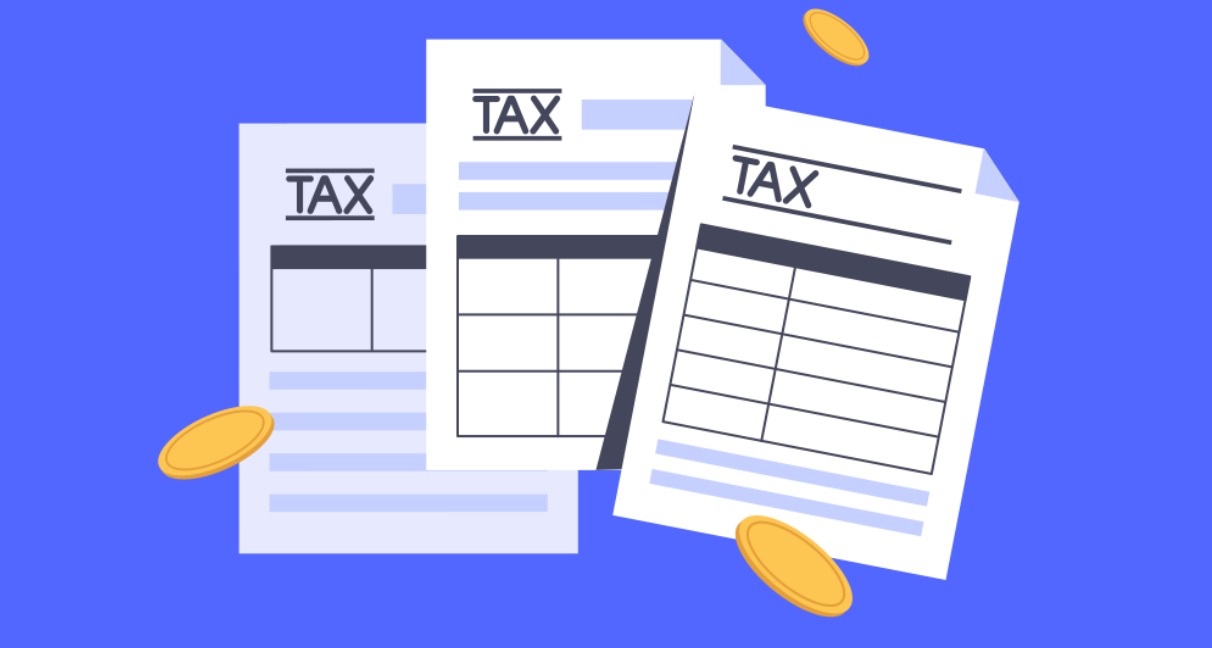Freelancing in the tech industry offers flexibility and independence, but it also comes with unique challenges, particularly when it comes to income tax filing. As a freelancer, managing your income, expenses, and tax obligations can be daunting. This article provides a comprehensive guide for tech freelancers on how to navigate income tax returns, manage deductions, and ensure compliance with tax regulations.
Understanding Your Tax Obligations
As a freelancer, it’s essential to understand your tax obligations and the different types of taxes you may be required to pay:
- Income Tax: Freelancers must pay income tax on their net income, which is the total income earned minus allowable deductions.
- Self-Employment Tax: Freelancers are considered self-employed and must pay self-employment tax, which covers Social Security and Medicare taxes.
- Estimated Taxes: Freelancers are generally required to make estimated tax payments throughout the year, as taxes are not withheld from their income.
Tracking Income and Expenses
Accurate record-keeping is crucial for freelancers to manage their income and expenses effectively. Here are some key practices:
- Maintain Detailed Records: Keep track of all income received from clients, including invoices and payment confirmations. Use accounting software or spreadsheets to organize your financial data.
- Document Business Expenses: Record all business-related expenses, such as software subscriptions, equipment purchases, and travel costs. Maintain receipts and invoices for these expenses, as they will be necessary for claiming deductions.
- Separate Business and Personal Finances: Open a separate bank account for your freelance income and expenses. This separation simplifies record-keeping and helps you maintain clarity in your financial transactions.
Claiming Deductions
Freelancers can claim various deductions to reduce their taxable income. Some common deductions include:
- Business Expenses: Costs incurred in the course of your freelance work, such as office supplies, software, and marketing expenses.
- Home Office Deduction: If you use a portion of your home exclusively for business purposes, you may be eligible to claim a home office deduction. This can include a percentage of rent, utilities, and internet costs.
- Self-Employment Tax Deduction: You can deduct half of your self-employment tax as an adjustment to income, reducing your overall tax liability.
- Retirement Contributions: Contributions to a self-employed retirement plan, such as a SEP IRA or Solo 401(k), can be deducted from your taxable income.
Filing Your Income Tax Return
When it comes to filing your income tax return, freelancers have several options:
- Filing Manually: You can file your return using paper forms and mailing them to the IRS. However, this method is less common due to the convenience of electronic filing.
- Using Tax Software: Many tax filing software options are available, such as TaxBuddy and ClearTax, which can help you prepare and file your return electronically.
- Hiring a Tax Professional: If you have a complex tax situation or prefer to have a professional handle your filing, you can hire a certified public accountant (CPA) or enrolled agent.
Important Deadlines
Freelancers must be aware of key deadlines associated with income tax filing:
- Tax Return Filing Deadline: The deadline for filing your federal income tax return is typically April 15. If you need more time, you can file for an extension, but any taxes owed must still be paid by the original deadline.
- Estimated Tax Payment Deadlines: Freelancers are required to make estimated tax payments quarterly. The deadlines for these payments are usually April 15, June 15, September 15, and January 15 of the following year.
Conclusion
Navigating income tax returns as a freelancer in the tech industry can be challenging, but with proper planning and organization, it is manageable. By understanding your tax obligations, tracking your income and expenses, claiming eligible deductions, and filing your return accurately and on time, you can ensure compliance and minimize your tax liability. If you have specific questions or concerns about your tax situation, consider consulting with a tax professional for personalized advice.
Amit Gupta is a tech lover and an enthusiastic blogger who completed his B.Tech in Computer Science. An enthusiast of emerging technology and discoveries, he shares valuable views and tips on his blog from his personal experiences. Through his articles, he tries to simplify tech concepts and put readers in the position to take responsible decisions in the rapidly changing digital infrastructure world. Follow me on Facebook and linkedin.

